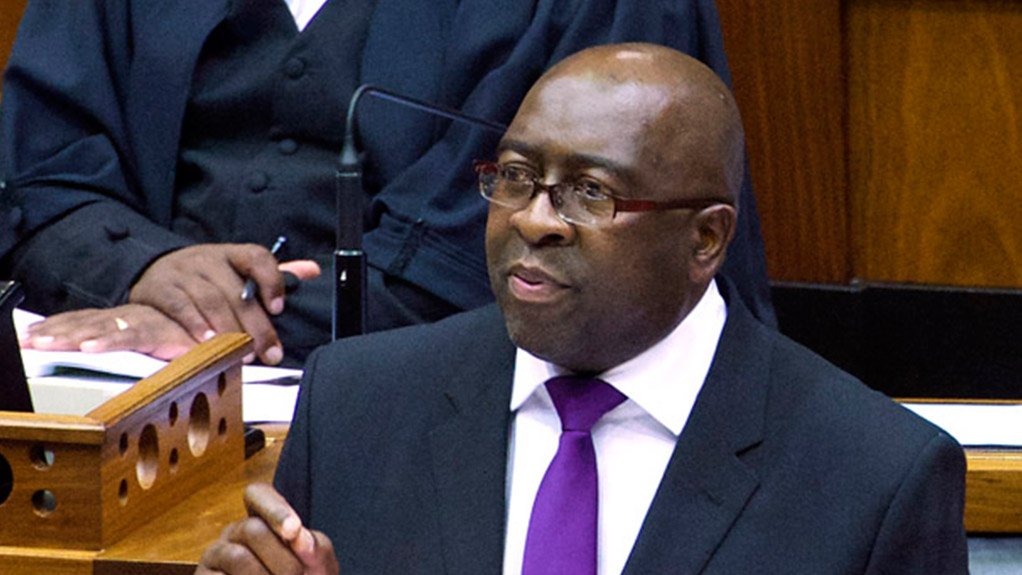The Treasury was engaging with various stakeholders to unlock any funding bottlenecks for infrastructure projects‚ Finance Minister Nhlanhla Nene said on Monday.
The aim is to facilitate more investment in public infrastructure. Mr Nene emphasised‚ however‚ that he was not planning to compel private or public pension funds to invest in a certain way.
In a written reply to a parliamentary question by Freedom Front Plus MP Anton Alberts‚ Nene said it was up to pension fund trustees to determine their investment strategy‚ taking into account assets and liabilities‚ and the need for long-term growth.
They were in the best position to assess the retirement needs of their members and which investment and asset-liability matching approaches were best suited to achieve them.
"All that government does is to provide a broad framework to protect members of retirement funds‚ by reducing risks to their funds‚ like concentration risks when investing‚ poor governance practices or high and opaque charges‚" Nene said.
A revision of a regulation in 2011 required trustees to consider environmental‚ social and governance principles when determining their investment policies and strategies. This was to encourage retirement funds to actively consider investments that might be of a developmental or infrastructural nature‚ without compromising returns in the long term.
"In the aggregate‚ retirement funds already have significant exposure to government and state-owned companies’ bonds‚ which‚ by their nature‚ are developmental.
"In 2014‚ for example‚ 32% of government-issued bonds‚ excluding state-owned company bonds‚ were held by local retirement funds. Furthermore‚ according to the South African Reserve Bank’s Quarterly Bulletin March 2015‚ about 37.1% of total retirement fund assets are invested in public sector bonds (that is government‚ state companies‚ and local government)‚" the minister said.
In reply to another question by Democratic Alliance finance spokesperson David Maynier‚ Nene said the Treasury was assessing the relative financial costs‚ financial implications‚ and economic implications of a nuclear build programme with the Department of Energy.
The recommendations would be submitted to Cabinet once the work had been concluded.
EMAIL THIS ARTICLE SAVE THIS ARTICLE
To subscribe email subscriptions@creamermedia.co.za or click here
To advertise email advertising@creamermedia.co.za or click here











